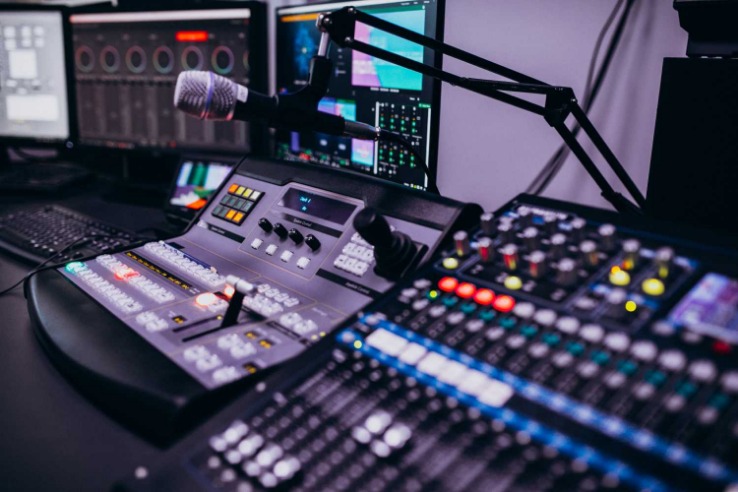Production techniques vary greatly from producer to producer, so it’s important to analyze at least a few tracks before trying something new on your own. Once you have an understanding of general mixing principles, you can start applying them to your own songs. Inspiration can come from many places, including other people’s work. When you study other producers’ tracks, you can learn how they created their sounds and techniques. Read more about FL Studio Presets for Vocals here. We recommend that do you most of your marketing after you have setup up your studio and space. However, you can still get your name out there and make artists and other industry professionals aware of your plans.
The first priority of any audio producer is a computer or laptop. The computer used for audio producing should be the best the audio producer can afford. However, it’s perfectly alright if the one they can afford is the one they have. Most of the time, an audio producer’s existing home machine can do the job effectively. Those with a bit of money to spend on building a studio at home may want something more robust. As you venture into your audio engineering journey, having the right resources by your side is essential. This is where the technical aspects of reproducing sound engineering truly come into play.
Recording 🎤
You need the ability to know what sounds good and have an understanding of music and audio theory. They have a lot of responsibilities, including arrangement, sound design, and often mixing. As a music producer, you can also be in charge of collaborations and projects. There’s nothing stopping you from opening your DAW, picking up your guitar or reaching out to artists you really want to work with.
Analyze Tracks to Learn Production Techniques
The career outlook for music producers is promising, with a range of opportunities available in various aspects of music production and related fields. However, the industry’s competitive nature and income variability make it important for aspiring producers to be patient, persistent, and adaptable. The first essential step to becoming a music producer is to develop a strong foundation in music theory and composition. Start by learning to play an instrument, such as the piano, guitar, or drums. This will help you understand melody, harmony, and rhythm, which are fundamental aspects of music production. Read more about Best Vocal Presets here. Your first step is to further your education, by immersing yourself in learning the industry. There are formal schools of coursework you could enroll in if you have that kind of cash.
Learn an instrument
Also, actively promote your portfolio as a professional music producer by sharing it with your network, on social media, and in online music communities. Use reference tracks from professional artists and producers to compare your mixes and identify areas for improvement. It is an absolute must when you’re learning how to become a music producer. After you’ve recorded all the tracks for your song, the next step is mixing them all together. This results in what’s called a mixdown, which is the final product of all the different tracks of a song put together. Condenser microphones use a conductive diaphragm that vibrates with sound pressure. Their technology makes them more accurate than dynamic microphones, so they’re perfect for precision recording of acoustic instruments and vocals.

Leave a Reply